Key Info
- When: The consultation will close at 11:59pm on 30 June 2025.
- Where: To respond to the consultation, fill in this survey.
- What: The consultation is on proposed changes to the Equality and Human Rights Commission’s Code of Practice for Services, Public Functions and Associations.
- Why: To share your thoughts on the recent Supreme Court ruling.
Background
The Equality and Human Rights Commission (EHRC) is responsible for promoting and enforcing the Equality Act 2010. This includes producing Codes of Practice, or guidelines, to support stakeholders “to understand the [Equality] Act, exercise their rights, and meet their responsibilities”.
One of the Codes of Practice the EHRC produces is a ‘Code of Practice for Services, Public Functions and Associations’. This includes guidance about services that should be provided to meet the needs of different people, for example positive action, single sex services and for disabled people.
On 20 May 2025, the EHRC opened a consultation on the code to gather feedback on changes made following the UK Supreme Court ruling on 16 April 2025 which states that, for the purposes of the Equality Act 2010, ‘sex’ refers to ‘biological sex’.
What did the Supreme Court rule?
The Supreme Court judgment found, for the purposes of the Equality Act 2010, sex refers to biological sex. This means a trans woman with a Gender Recognition Certificate (GRC) is not considered a woman under the Equality Act 2010, and a trans man with a GRC is not considered a man under the Equality Act 2010.
The Supreme Court also reaffirmed trans people – with and without a GRC – are still protected from discrimination and harassment under the Equality Act 2010. As such, any statutory Code of Practice must clearly explain how this protection works and provide examples to support inclusion in line with the law.
About the EHRC Consultation
Anyone who feels affected by the impact of the Supreme Court judgment and the proposed changes to the Code of Practice can submit a consultation response.
It is vital the consultation receives responses from all, whether you are trans, LGBTQ+, family, friends, an employer, a service provider, a legal professional or affected in any other way.
Your opportunity to be heard
This consultation is your opportunity to feedback on proposed changes to legal guidance.
These changes relate to the rights of trans people, how and when someone could ask about a person’s ‘birth sex’, the legal definition of sexual orientation, sex discrimination and harassment, single-sex services and a few other areas.
If you have had any personal experiences which relate to any of these areas, or are confused or concerned about your rights or those of people you know, this consultation is your opportunity to make these known. It could be helpful to provide examples of how the new code of practice impacts on you or creates more questions.
The consultation is broken down into sections which ask a couple of questions about proposed changes following the Supreme Court judgment. When filling in the consultation, you will click through one section at a time. If it is helpful to you to have a think about your responses ahead of time and see all of the questions in one place, you can find Word documents on the EHRC website that list all questions together.
The questions for individual respondents and legal professionals can be found here. Full information about the consultation, what’s included, and what changes are being proposed by the EHRC can be found here.
- You don’t have to answer all of the questions. Even if you only want to say something about one of the proposed changes, any thoughts are very helpful.
- You could answer just one question. The final question asks, ‘if you have any other feedback’. You could answer this question only if that is easier for you.
- How much do you need to write? There is no minimum word limit, so it is fine to only write a few words. If you want to write a lot, the limit is 1000 words per question.
If you want more guidance to support you in drafting your response, take a look at this guide provided by Mermaids, Scottish Trans and Transactual.
Support
If you are struggling and need support, please reach out to youthwork@thekitetrust.org.uk or contact Switchboard, Mermaids or MindOut.

I am responding to this consultation because I believe that everyone, including trans people, deserves to be treated with dignity, respect, and fairness.
The proposed guidance by the EHRC is harmful because it focuses on excluding trans people from public spaces and services, which increases discrimination and puts their safety at risk.
Trans people should have the right to access the spaces and services that match their gender identity without fear of being excluded or harassed.
I ask the EHRC to protect the rights of trans people and to ensure that the Equality Act 2010 is applied in a way that includes and supports them, not in a way that causes